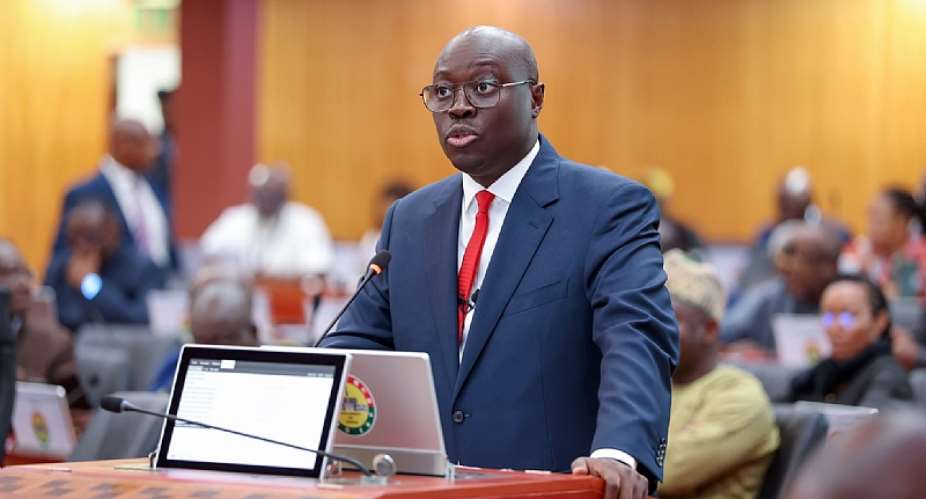The government has announced that the 2026 national budget will place major emphasis on transforming health infrastructure across the country in what it describes as one of the most ambitious healthcare expansion programmes in recent years. The spending plan aims to strengthen health systems improve access to quality care and upgrade facilities that have remained stalled for years.
Presenting the budget the Finance Minister said the government recognises the urgent need for modern health facilities especially in underserved districts and regions. As part of the plan six new regional hospitals will begin construction while ten abandoned hospital projects will be revived and completed. The initiative also targets comprehensive upgrades to maternity wards emergency units and child health centres to enhance service delivery.
The government says the decision stems from a growing national demand for equitable healthcare and the need to prepare for future public health emergencies. During the pandemic for instance significant gaps were exposed particularly in critical care capacity diagnostic equipment and emergency response. The new investments aim to close these gaps and build a resilient health system capable of handling large scale health challenges.
A core component of the plan focuses on improving access in rural and peri urban communities where residents often travel several kilometres to receive basic medical attention. By expanding infrastructure officials believe the country will reduce preventable deaths and improve early detection of diseases.
Beyond infrastructure the budget introduces a health sector fund designed to support long term sustainability. The fund will channel resources into non communicable disease management research technology upgrades and community based health programmes. Policymakers say the fund will safeguard continuous improvement even when national revenues fluctuate.
Health workers have welcomed parts of the budget especially the promise to complete long stalled hospital facilities. Many of these abandoned projects have become symbols of waste and poor planning. Nurses and clinicians say completing these structures will reduce overcrowding in major hospitals and ease pressure on staff.
Public health experts also argue that improved infrastructure must be accompanied by investments in skilled personnel modern equipment and reliable supply chains. They caution that building hospitals without ensuring adequate staffing could limit the impact of the programme. The Finance Ministry says hiring and training will be expanded as part of the broader health reform strategy.
Opposition figures have however expressed concern about funding. They argue that the government has a history of announcing large infrastructure projects without completing them. They also question whether borrowing to finance the initiative could worsen the country’s debt levels. The Finance Minister dismissed the concerns saying the health sector deserves priority investment due to its impact on productivity education and national development.
Civil society groups have also weighed in calling for transparency in procurement processes and equitable distribution of resources. They warn that political influence must not determine where hospitals are located and how funds are allocated.
Despite mixed reactions many Ghanaians agree that the country needs stronger health facilities. In remote communities the promise of new hospitals has sparked optimism especially among families who struggle to access emergency care.
The 2026 budget is expected to undergo parliamentary scrutiny in the coming weeks where further debates will shape the final allocation of resources. Stakeholders remain hopeful that the renewed focus on health infrastructure will mark a turning point for Ghana’s health sector.

